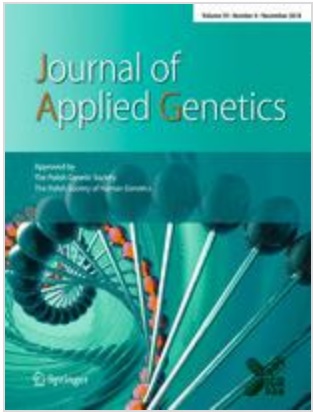One of the most informative sources which allow the drawing of far-reaching conclusions about the origins and phylogenetics of many species, including domestic animals and humans, is mitochondrial DNA (mtDNA). One of the important research targets should include the identification of similarities between wild and domestic species. The analysis involved the nucleotide sequences of mtDNA of wisent, auroch, bison, yak, bovine reference sequence (BRS) T3, T3a, T3b, T1, T1a, T1’2’3, T2, T3, T4, T5, Q, Q1, P, R, I1, and I2 bovine haplotypes. The non-coding D-loop regions were excluded from the evolutionary analysis and 15,419-bp coding sequences were used in the final dataset. Trees constructed on the basis of whole mitochondrial genomes or on total mtDNA coding sequences alignment were generally in agreement with previous studies on the Bovini tribe. American bison shows stronger maternal relationships to yak than to wisent. It seems that the isolation and divergence of wisent took place early, almost 2 to 1.6 million years ago. This appears to be compatible with the paleontological date, indicating Late Pleistocene speciation of Bison bonasus. The yak/bison mitochondrial transfer model is in agreement with our mutation analysis and phylogenetic tree. The bison/yak mutations were collected in the bison mitochondrial genome before the transfer. After the transfer, the parallel accumulation of unique mutations took place. According to our assessment, the transfer took place at about 700 ky. The characteristic feature of the wisent and bison evolution is the maintenance of mtDNA variability, despite the fact that both species underwent population bottlenecks. Our studies did not reveal any impact of these phenomena populations in the analyzed mitochondrial genomes.

